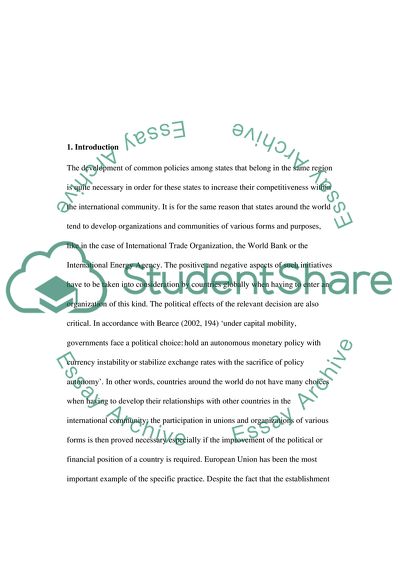Cite this document
(“Main Costs and Benefits of Monetary Union in the EU Research Paper”, n.d.)
Main Costs and Benefits of Monetary Union in the EU Research Paper. Retrieved from https://studentshare.org/finance-accounting/1723086-discuss-the-main-costs-and-benefits-of-monetary-union-in-the-eu
Main Costs and Benefits of Monetary Union in the EU Research Paper. Retrieved from https://studentshare.org/finance-accounting/1723086-discuss-the-main-costs-and-benefits-of-monetary-union-in-the-eu
(Main Costs and Benefits of Monetary Union in the EU Research Paper)
Main Costs and Benefits of Monetary Union in the EU Research Paper. https://studentshare.org/finance-accounting/1723086-discuss-the-main-costs-and-benefits-of-monetary-union-in-the-eu.
Main Costs and Benefits of Monetary Union in the EU Research Paper. https://studentshare.org/finance-accounting/1723086-discuss-the-main-costs-and-benefits-of-monetary-union-in-the-eu.
“Main Costs and Benefits of Monetary Union in the EU Research Paper”, n.d. https://studentshare.org/finance-accounting/1723086-discuss-the-main-costs-and-benefits-of-monetary-union-in-the-eu.


